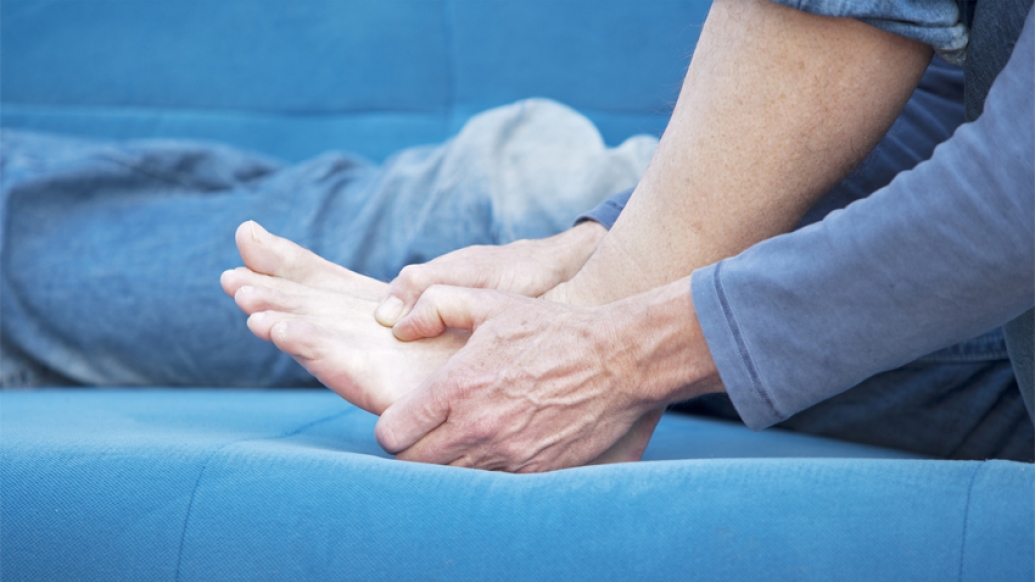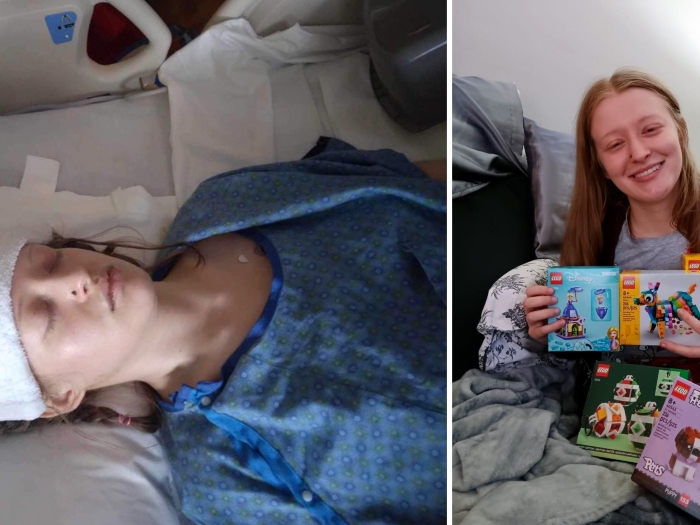The pain and tingling caused by neuropathy can severely affect a person’s quality of life. Fortunately, there are means — and medications — to help ease the condition.
11:24 AM
Author |

Neuropathy is a disease of one or more peripheral nerves that causes numbness, pain and weakness. After headaches, it is the second most common neurological condition, affecting more than 20 million Americans.
If you have neuropathy, it's not possible to repair your nerves. But you'll be happy to know that help is within reach — including several medications — and, in some circumstances, factors that you can control.
Here is a look at the six main causes of neuropathy:
Diabetes
Diabetes is the most common culprit, causing about half of all neuropathy cases. Even prediabetes is of concern to physicians because it leads so often to diabetes.
Treatment of diabetes can slow the progression of neuropathy and also help people with other health problems related to diabetes, including eyesight complications, kidney problems, strokes and heart attacks.
Diet and exercise will benefit you greatly.
Alcohol
Yes, too much alcohol can cause neuropathy. Drinking is the second-leading cause of neuropathy, so the elimination of alcohol is the best thing you can do for yourself. If you abstain from alcohol, your neuropathy shouldn't get any worse.
Chemotherapy
Chemotherapy may cause neuropathy. As long as you don't need that same chemotherapy again, the neuropathy will be a one-time situation and should not get worse.
Kidney failure
Many conditions can cause kidney failure; the most common are diabetes and high blood pressure. There is no easy fix for kidney failure, which means the neuropathy could worsen over time.
Inherited causes
Several neuropathies are inherited, or run in families. One of these is Charcot-Marie-Tooth disease, a disorder of the peripheral nerves, caused by changes, or mutations, in a person's genetic material.
Nutritional deficiencies
Vitamin B12 deficiency (and other vitamin deficiencies) can cause neuropathy. The B vitamins, vitamin E and niacin are important for nerve health, which means you should eat a healthful diet.

Explore a variety of healthcare news & stories by visiting the Health Lab home page for more articles.

Department of Communication at Michigan Medicine
Want top health & research news weekly? Sign up for Health Lab’s newsletters today!





